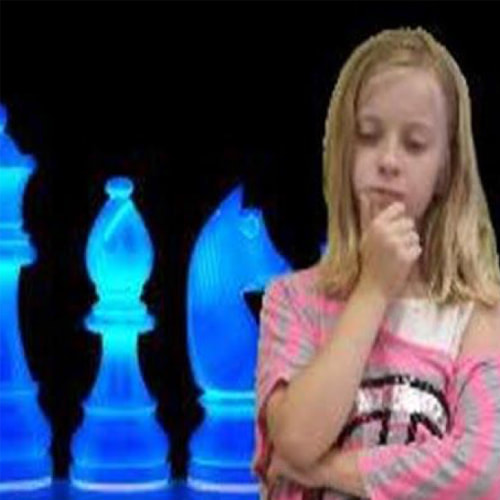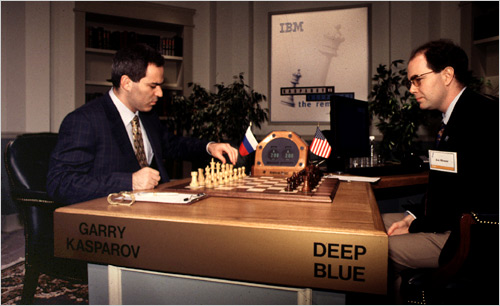
I received an email earlier this year from one of the first Baden Academy Research Fellows. She is attending a great high school in another state and went to show off the great work she had done starting a chess club at Baden Academy. Oh no! Her information from the chess club site was gone! The new leaders, eager to follow the way too vague instructions “clean up the website,” had deleted all old content. The omission has since been fixed, Skylar is now prominently displayed on the About page of badenacademychessclub.weebly.com, and her video from 2014 reposted to the website. It is always great to hear from a past student (and I love the occasional glimpses of them growing up on Facebook). The episode reinforced for me how lessons of leadership at a young age stay with you.
The current leaders of our Chess Club received the position by applying to the research fellowship program. They are responsible for designing the flyer and online sign up forms at the beginning of the year, speaking personally to past members with an invitation, promoting their club in classrooms, designing lesson plans that include attendance, sharing news of chess in technology, leading the after-school group through end game scenarios, promoting and celebrating participation in area tournaments and reflecting on their roles as leaders. They also manage the clubs website and design the t-shirt club members can order from the product catalog on their website.
I must admit, I was a bit hesitant to include an afterschool chess club in the middle of Science, Technology, Engineering and Math programs. I was quickly swayed. The connections to mathematics are evident (and the content of some fascinating Numberphile episodes and science fairs). Even learning about programming a computer to beat chess masters is a journey into the history and future of STEM.

The kids are encouraged to practice on their own with chess.com. That program uses brute force to beat humans. It calculates the millions of moves that 32 pieces on an 8-by-8 board can make and run every possibility of a problem until the program finds the best solution. This was the method of the computer Deep Blue, the IBM supercomputer used to beat Garry Kasparov, the Russian Chess Grandmaster, in 1997. (I am not the only one who names their computers!)
This year we were able to learn about artificial intelligence, the training of a computer to teach itself. Google’s AlphaZero AI computer soundly defeated Stockfish, the world’s best brute force chess program. The difference between the two machines: AlphaZero taught itself how to play like a human.
Lessons of chess, we learned, go far beyond mathematics, far beyond technology, they even teach us about the testing and evaluation of intelligence. Malcolm Gladwell, the New Yorker author, often visits the topic of chess to uncover some new insight into the human condition. His most recent podcast, Puzzle Rush compared the “finish quickly” measure of intelligence to the “take your time” measure of intelligence. The “finish quickly” includes standardized tests like the LSATs, most classroom tests, and playing chess in a program called Puzzle Rush (on online blitz chess program allowing only 5 minutes for the whole game). The “take your time” measure of intelligence that is a take-home test or the way a classical chess tournament. There is still a time limit, but there is time for calculation, working through possible scenarios, time to prioritize and organize your thoughts. I encourage you to listen! It seems the two different types of measures allow different individuals to rise to the top.
[Side note to parents: If you are traveling this summer, short or long distances, consider playing podcasts like Revisionist History or Science Friday in the car, pausing often to discuss with the kids. Podcasts are a great way to feed their brains all summer long!]
Mr. Jake, our Baden Academy chess coach, (and Mr. Wolf, his predecessor and founder of a chess culture at the school), have pointed out to me that many of the kids who are successful in chess are kids not traditionally held up as the smartest in PSSA standardized tests and benchmarks. Classical chess allows for a different type of intelligence to rise to the top. Our leaders have grown in their awareness of how fragile the self-concepts of “smart” and “intelligent” are in their club members and in themselves.
Our fellowships open up the possibility of cultivating early important lessons in leadership, lessons of collaboration, of managing diverse groups of people, of risking failure, and of having the vision to create a worthy legacy. Thank you, Skylar, for reminding me how these lessons live on!

